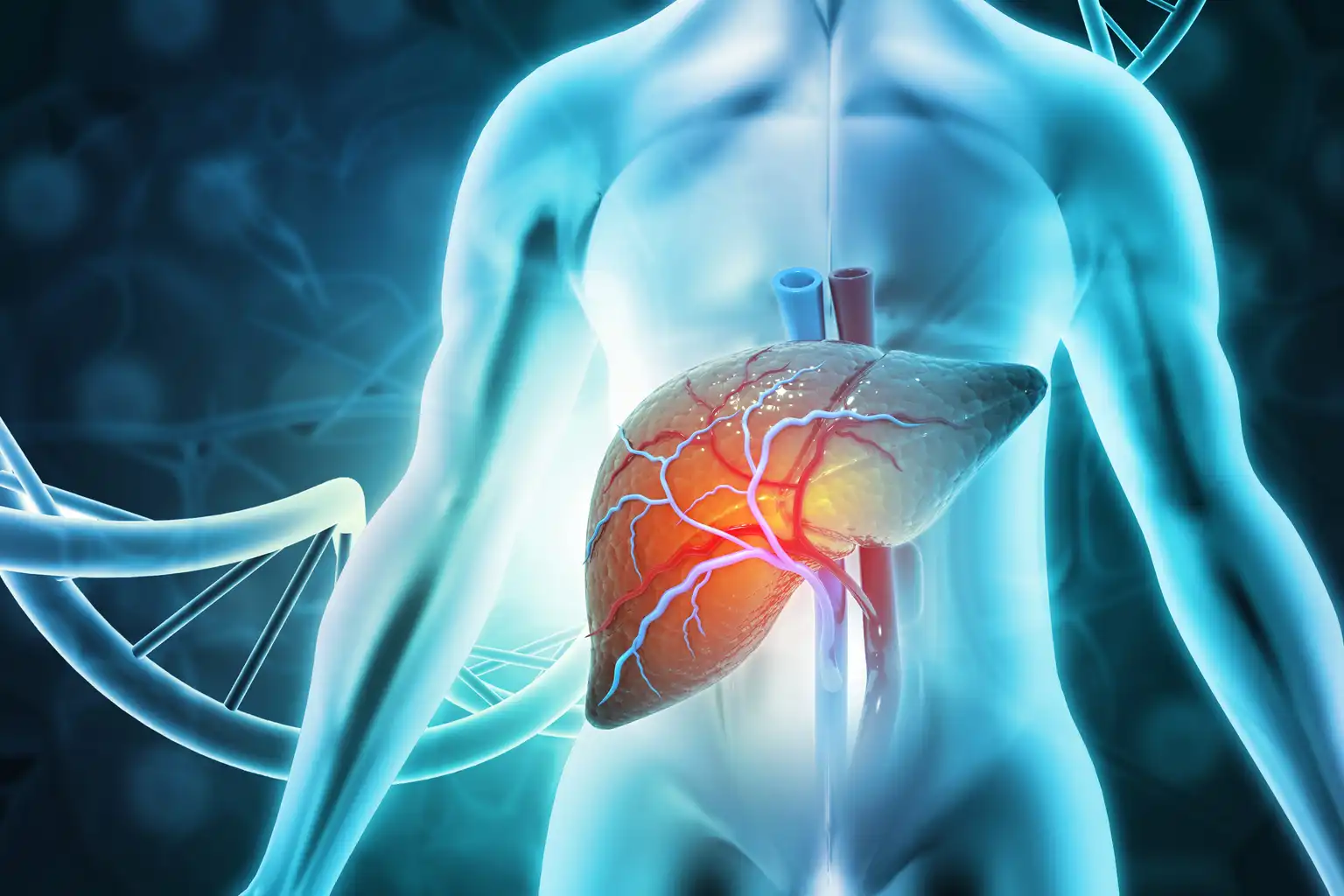Your liver is one of the most vital organs in your body, responsible for over 500 functions that keep you healthy. From filtering toxins to producing essential proteins and aiding in digestion, your liver works tirelessly around the clock. Yet, despite its importance, liver-related issues often go unnoticed because the early symptoms can be mild or easily mistaken for other health conditions. Many liver diseases progress silently, only revealing serious damage once it’s too late. That’s why recognizing early warning signs is crucial. Here are 10 subtle signs that may indicate your liver needs a check-up.
1. Persistent Fatigue
One of the earliest and most common signs of liver dysfunction is persistent fatigue. If you find yourself feeling exhausted even after getting enough rest, your liver may not be processing toxins efficiently. When the liver is under stress or inflamed, it requires more energy to function, which can leave you feeling drained. This type of fatigue often doesn’t improve with rest and may be accompanied by brain fog or lack of motivation.
2. Itchy Skin Without a Rash
Another overlooked sign of liver trouble is unexplained itching. Unlike skin conditions like eczema or allergies, this type of itchiness usually isn’t associated with a visible rash. It happens because of the buildup of bile salts under the skin, which occurs when the liver is unable to properly process and eliminate bile. The itching may start subtly but can become persistent and uncomfortable over time.
3. Mild Abdominal Discomfort or Bloating
People with early liver issues often report a sense of fullness, bloating, or mild pain in the upper right side of the abdomen, where the liver is located. While this may not be sharp or intense pain, ongoing discomfort in this area should not be ignored. It can be a sign that the liver is inflamed or enlarged, possibly due to fatty liver disease or another underlying condition.
4. Dark-Colored Urine
Urine that suddenly turns dark yellow, amber, or brown may be an indicator of liver dysfunction. This happens due to elevated levels of bilirubin, a substance produced when the liver breaks down old red blood cells. If the liver is unable to properly process and eliminate bilirubin, it builds up in the bloodstream and changes the color of urine. This change is especially concerning if it’s not linked to dehydration or medications.
5. Pale or Clay-Colored Stools
Stool color can offer valuable insights into liver and digestive health. Healthy stool is usually brown due to the presence of bile. If your stool appears pale, gray, or clay-colored, it may indicate that bile isn’t reaching the intestines, possibly due to a blockage or liver dysfunction. This symptom, especially when persistent, should prompt a medical evaluation.
6. Swelling in the Legs or Ankles
A less obvious sign of liver trouble is swelling in the lower extremities. When the liver is not functioning properly, it can affect the production of proteins like albumin, which help regulate the movement of fluids in the body. As a result, fluid may accumulate in the legs, ankles, or feet, leading to noticeable puffiness, especially after long periods of standing or sitting.
7. Easy Bruising and Bleeding
The liver plays a key role in producing clotting factors—proteins that help stop bleeding. If the liver is impaired, it may produce fewer of these proteins, leading to easy bruising or prolonged bleeding from minor injuries. Nosebleeds, bleeding gums, or unusually heavy periods can also be signs that your liver is not functioning at its best.
8. Yellowing of the Skin or Eyes (Jaundice)
One of the more visible signs of liver dysfunction is jaundice, which causes the skin and the whites of the eyes to appear yellow. This occurs when bilirubin builds up in the body due to the liver’s inability to filter it out. While jaundice is often associated with more advanced liver disease, even mild yellowing should be taken seriously and investigated by a healthcare provider.
9. Nausea or Loss of Appetite
If you’re experiencing ongoing nausea or a reduced appetite without an obvious reason, your liver could be the underlying issue. Liver dysfunction can affect digestion and the body’s ability to manage toxins, leading to gastrointestinal discomfort. Over time, this may result in unintended weight loss or nutrient deficiencies.
10. Difficulty Concentrating or Memory Issues
Cognitive issues such as confusion, forgetfulness, or difficulty focusing—often described as “brain fog”—can be related to liver problems. When the liver fails to properly remove toxins from the bloodstream, these toxins can reach the brain and impair mental function. This condition, known as hepatic encephalopathy, can vary in severity but is often an early sign of serious liver distress.
Why Early Detection Matters
The liver is incredibly resilient and can often heal itself when damage is caught early. Conditions like fatty liver disease, hepatitis, and even cirrhosis can be managed more effectively with early diagnosis. Liver function tests are simple and can reveal much about your liver’s health before severe symptoms appear. Waiting until symptoms become serious can lead to irreversible damage and limited treatment options.
Order Your Liver Function Test Online
Final Thoughts
Your liver might not scream for help, but it does send signals. Paying attention to subtle symptoms like fatigue, itchiness, bloating, or unusual changes in your urine or stool can help you detect liver problems early. If you notice one or more of these signs, consult your healthcare provider for a liver function test or further evaluation. Once tested, be sure to track your lab report status to stay informed about your results and next steps. Adopting a healthy lifestyle, limiting alcohol, maintaining a balanced diet, and avoiding unnecessary medications can go a long way in keeping your liver healthy.
















